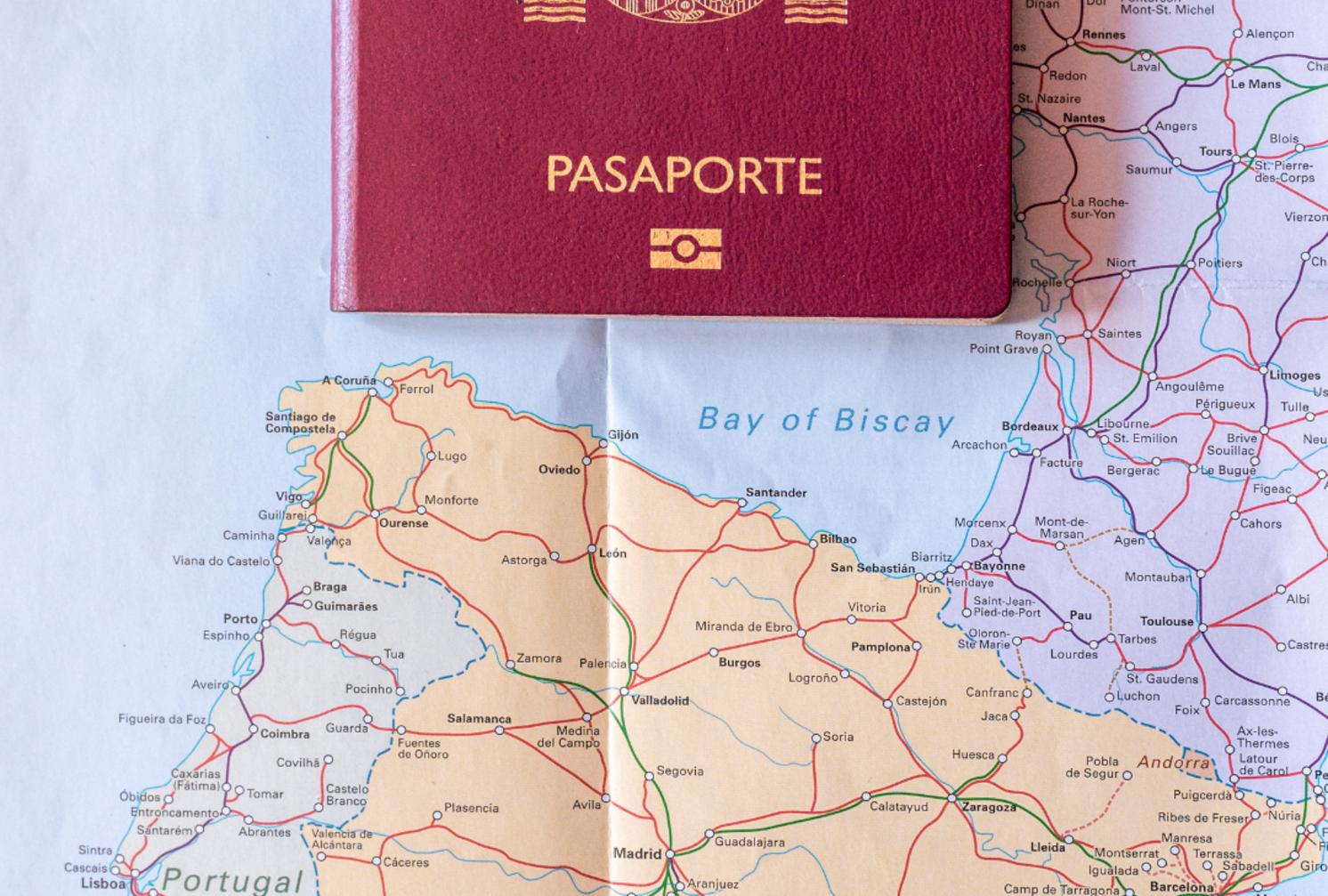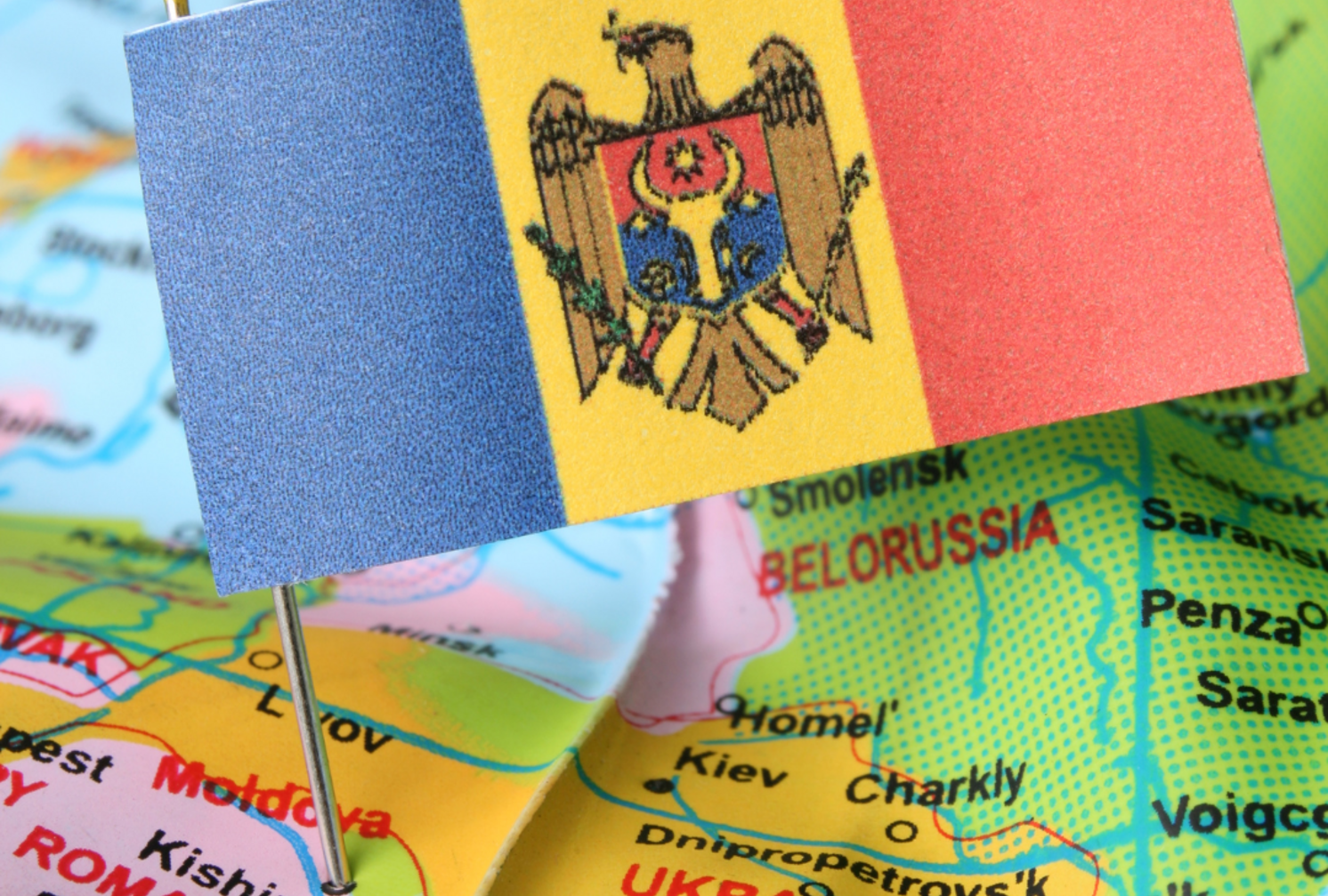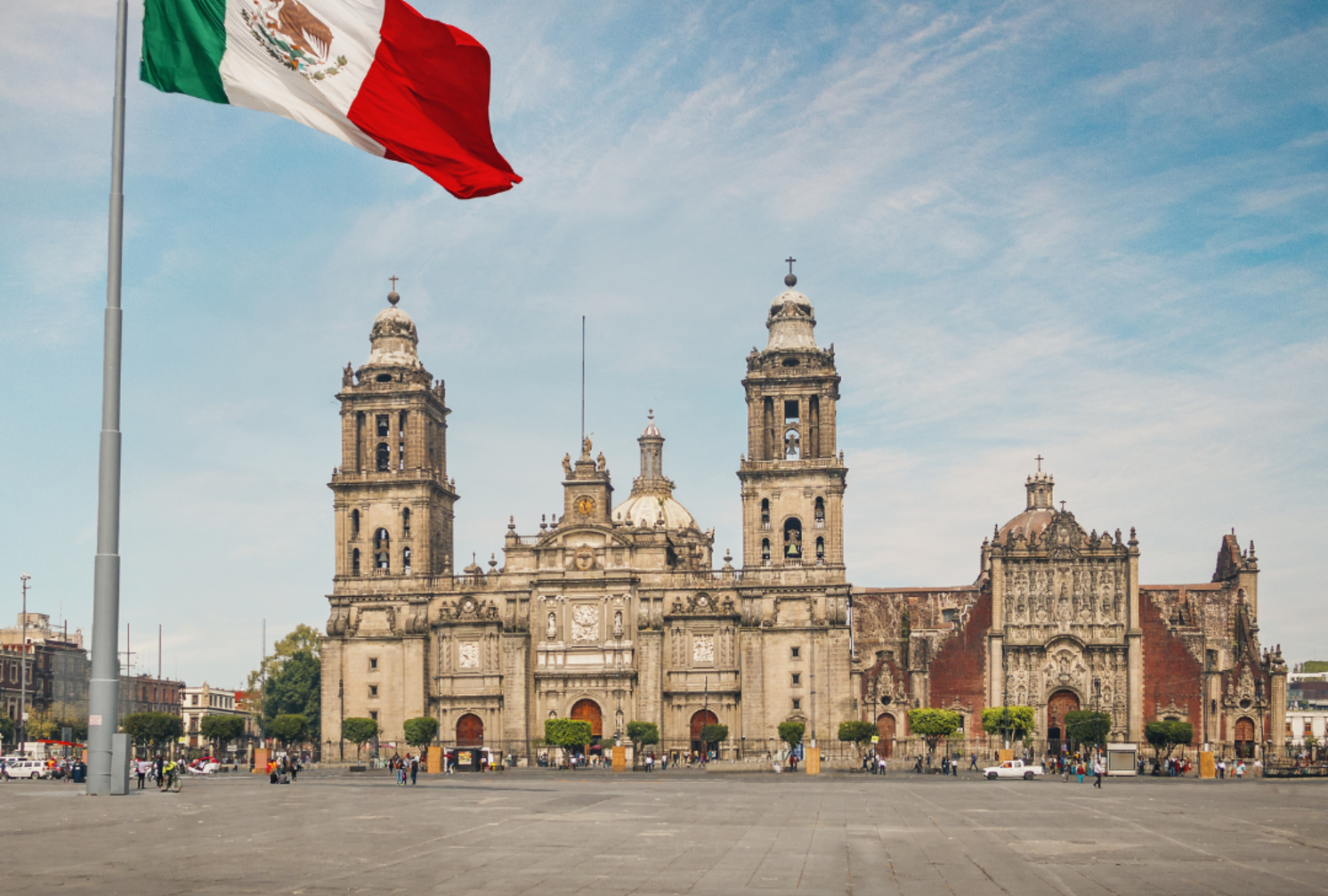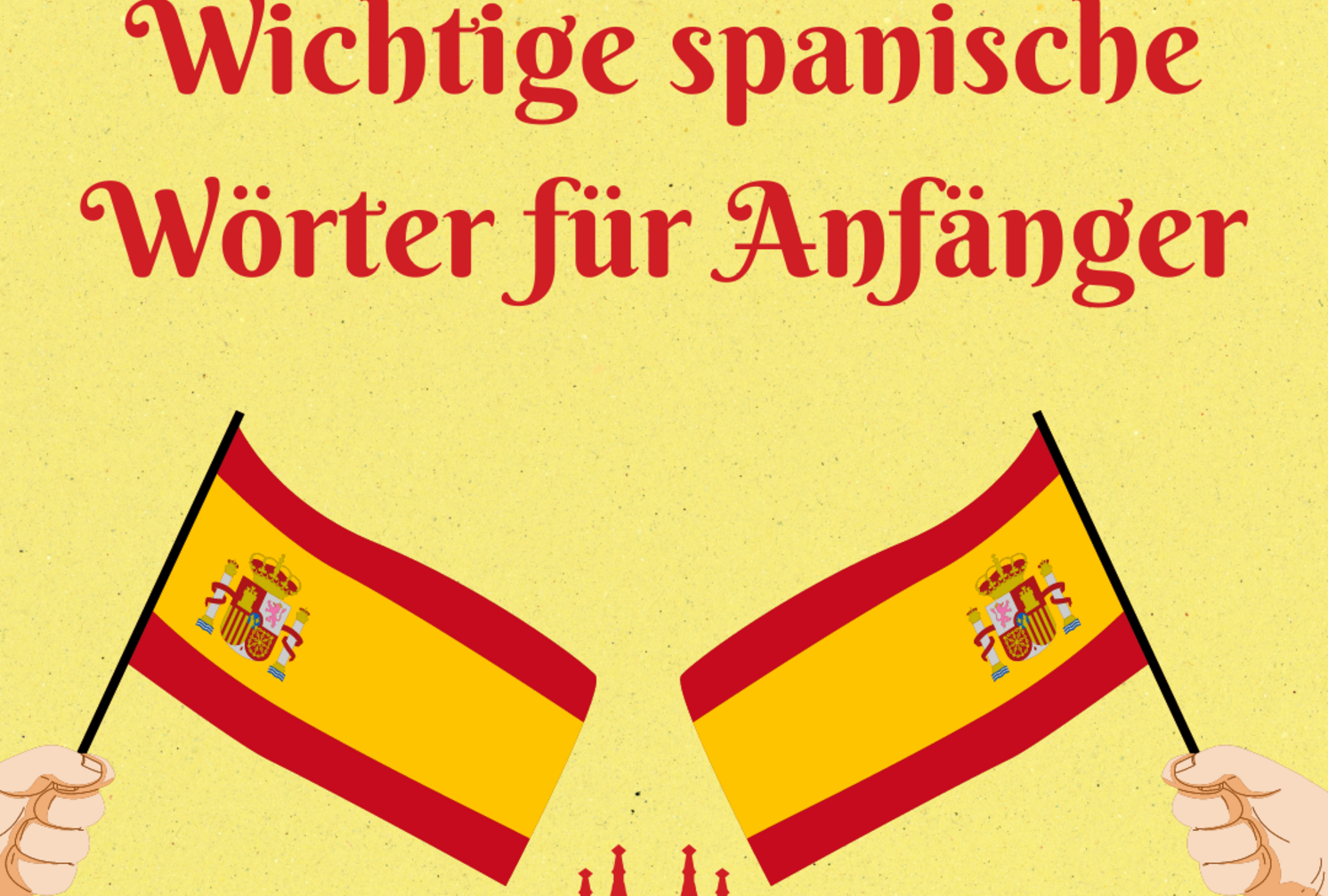
What language is spoken in Cuba? Official and other most spoken languages

Spanish language trip
Improve your Spanish and have a wonderful holiday!
Cuba's official language: What is it?
The official language of the Republic of Cuba is Spanish, as everyone knows. This idiom is spoken on the island by 11 million Cuban inhabitants, who represent practically 100% of the country's population. It is not surprising that the official language of Cuba is Spanish, since it is what most of the states in South and Central America have in common: 20 countries in these areas use it as their official language. It is among the languages spoken in Mexico, Costa Rica and Bolivia, for example. Exceptions, however, are some of the large American countries: the language of Brazil, in fact, is Portuguese.
Although the Republic of Cuba was for many years in a situation of isolation from other countries, the country was able to maintain a multicultural population, and for this reason other languages also spread throughout the territory, particularly during the 17th and 18th centuries, when the country was under Spanish colonial rule. The most widely spoken, however, are Cuban Spanish and Haitian Creole.
Cuban Spanish
Cuban Spanish is the Spanish language variant spoken in Cuba, belonging to the Western Iberian language group. It is a sub-dialect of Caribbean Spanish, enriched and modified with close influence from the language of the Taino Indians, who lived on the island even before it came under Spanish rule. We can still find words today that can be traced back to the Taino language, such as 'canoa', 'hamaca', 'tabaco' and 'carey'.
Because of its origins, Cuban Spanish sounds much more similar in pronunciation and vocabulary to the variant of Spanish spoken in the region of Andalusia, and even more so to that used in the Canary Islands. This is because during the 19th and 20th centuries there was a large influx of Canarian immigrants to the island, who brought new accents and words: even today, in both Tenerife and Cuba, a 'guagua' is a bus, for example.
Even within the island itself, you can notice differences in intonation and vocabulary, depending on whether you are in the east or the west.
The biggest difference between Castilian and Cuban, however, lies in pronunciation. practice seseo: all the c's that in Spanish should sound like an English th, simply become an s.
Another peculiarity peculiar to Cuban Spanish is the formation of the diminutive, which is done by adding the desinences -ico and -ica, whereas in standard Spanish one has to add -ito and -ita. There are also many expressions and words peculiar to the island, as we will see in a moment, called 'Cubanisms'.
So, to say that the language spoken in Cuba is Spanish is correct, but not entirely complete. A Madrilenian Spaniard can communicate with and understand a Cuban inhabitant, yes, but he or she will certainly notice numerous differences and may even encounter difficulties. Nevertheless, knowing peninsular Spanish is more than enough to live, work or simply communicate in Cuba during a holiday. And with us at Sprachcaffe, you can acquire and strengthen this language competence directly with a study holiday in Havana, Cuba's extraordinary capital city! In this way, you can see for yourself the differences between Spanish and Cuban Spanish, and put them into practice on the spot.
Haitian Creole
Haitian Creole is a typical Haitian language that originated as a simplification of French, to which it is very similar in some respects. In Cuba, the Haitian language is used by 300,000 people today, mainly for historical reasons: during the period of the Haitian revolution at the beginning of the 18th century, many black slaves immigrated to the island and consequently brought the language here. As the centuries passed, more and more of them began to arrive, working mainly as labourers on sugar cane farms, and gradually the language became more and more dominant within the country.
Today, Haitian Creole is also spoken fluently by a large number of Cubans not originally from Haiti, and a radio programme in Havana held entirely in Haitian Creole has even been established to demonstrate this fact.
Other languages spoken in Cuba
There are a few other languages spoken in the Republic of Cuba, albeit not recognised as official.
- Lucumí: This is a minor language common on the island, strongly influenced by the Yoruba language spoken mainly in West Africa. It can be said to be a mixture of Spanish and several Bantu languages. Lucumí is considered a liturgical language, which means that it is only used as a second language by practitioners of Santeria, a religion originating in Cuba that also has its origins in the Yoruba religion. For these reasons, there are no native speakers of the Lucumí language.
- Gallego: This is the variant of Spanish spoken in the Galician region that is much closer to Portuguese than it probably is to classical Spanish. In Cuba, the Galician language is mainly used by Galician expatriates who have found their new home on the island, and who are mainly concentrated in the big cities.
- Corsican: Finally, another of the languages spoken in Cuba is Corsican, brought to the island by Italian immigrants. The language comes from the French and Italian regions of Corsica and Sardinia, and shares the same linguistic strain as Tuscan. It is quite common to hear Corsican spoken in Cuba.
There are also small percentages of locals who speak French and Italian, but it is also possible, albeit rarely, to come across people who speak Russian and German.
Cubans share with most Hispanoparlants a reluctance to learn and use English. If you find yourself on the island as a tourist, you will probably be able to get by in the more touristy areas, but generally the inhabitants of Cuba do not speak this language and prefer you to address them in Spanish.
Cubanism and differences with Spanish
As we discovered earlier, Cuban Spanish and classical Spanish have many differences. Just think of the word 'Vale', which is used on the peninsula to simply mean 'OK, fine, fine': in Cuba it takes on a completely different meaning, and sounds more like 'Cut it out!'. You'll never hear 'vosotros' used to indicate the second person plural, because in Cuba it doesn't exist: instead, only 'ustedes' is used, which in Castilian is the more polite form to use with adults.
Or again, in Spanish we say 'coche' to indicate a car: in Cuba we say 'carro' instead, which corresponds exactly to the Portuguese translation of the same term. A curious fact? The word 'carro' also exists in Spanish, but it means 'horse carriage'. And do you know how we translate this word into Cuban Spanish? Precisely 'coche'. Watch out, then, for the word 'papaya', which while in Castilian is the simple fruit we all know, in Cuban represents the female genital apparatus.
In short, there are small but important differences that can be misleading to a person approaching Cuban Spanish for the first time, but nothing that impedes understanding in any way. Besides these differences, Cuban Spanish has its own vocabulary, but also real expressions that you can only hear in Cuba. Some examples of Cubanism:
| ● Asere, ¿qué bolá? = can be translated as 'friend, how are you?' and is a very commonly used expression in Cuba as a form of cordial and friendly greeting. We can compare it to the Spanish 'qué tal', which means 'how are you? how's it going?' but doesn't really expect an answer. |
| ● Hacer la botella = literally 'to make the bottle', this expression indicates the action of asking to hitchhike. |
| ● Aguanta un mes = the literal translation is 'wait a month', but it actually means much more simply 'don't rush', or 'wait a minute'. It's just that Cubans are famous for their mania for exaggeration, and so even in this case one minute becomes a month. |
| ● Tu maletín = Maletín means briefcase, but in this case we translate the expression as 'your business', as in I don't care and I don't want you to meddle. Probably the term is used in this way because generally the briefcase is a symbol of business, i.e. just business. |
| ● Te pones como picones = you say to someone to let them know they're really heavy. |
| ● Cómprate un piano = this picturesque invitation is used when someone is particularly monotone and you want to urge them to stop repeating themselves and change the subject. |
| ● Tírame un cabo = literally 'throw me a rope', it is actually a metaphorical expression to ask someone to lend a hand. Still on the question of exaggeration, it refers to those situations from which it is possible to get out with the help of, precisely, a rope. |
| ● Tu cuarto de hora pasó = the Cuban version to tell someone that they 'missed their train', i.e. that they were unable to seize the moment when they could. |
| ● Señorita = this is not really a typical Cuban Spanish word, but its use is what you should pay attention to. You should use this term to address all Cuban women you interact with, including married ones and even older ones. |





